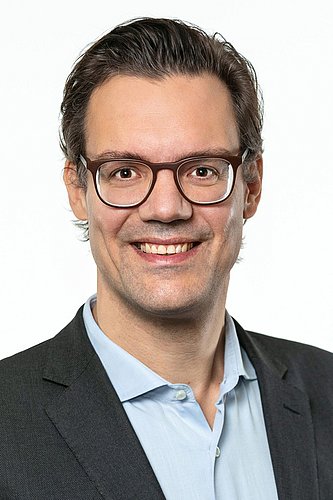Alternative Funds: Law & Practice
Chambers Alternative Funds 2019 Guide
1. General
1.1 General Overview of Jurisdiction
Even though Germany is the largest fund market in the EU, based on investments from investors within the EU, the German fund market is different to the markets in Luxembourg or Ireland in that it is very focused on German actors. Most of the managers and advisersbased in Germany prefer Germany as the location for their alternative funds, particularly if they are targeting German investors. For alternative fund structures which target international investors, Germany is a less-used location. In this case, even German-based managers and advisers prefer other European locations, such as Luxembourg or Ireland. The open-end alternative investment fund (AIF) market is dominated by large alternative investment fund managers (AIFMs) which are either connected to banks or insurance companies, like Union Investment, Deka Investments, DWS or Allianz Global Investors, with a focus on their own products, or they act as so-called "service AIFMs" for independent fund managers like Universal Investment or Hansainvest. In the closed-end AIF market in Germany, the AIFMs have lower AUM and the market is not dominated by a few large AIFMs.
German investors in alternative funds include retail investors and institutional investors, such as HNWI, family offices, banks, corporates, insurance undertakings and pension funds for specific professions (Versorgungswerke). Insurance undertakings and pension funds for professions are the most important German institutional investors. Many of the German institutional investors structure their investments in different asset classes through an open-end German Special-AIF but also invest directly in alternative funds, in particular, non-German alternative funds.
2. Funds
2.1 Types of Alternative Funds
Alternative funds commonly established in Germany include real estate funds, private equity funds, venture capital funds, renewable energy funds and private debt funds. Real estate funds and renewable energy funds are structured as Special-AIFs (in which only professional and semi-professional investors are allowed to invest) as well as Retail-AIFs (in which retail investors are also allowed to invest). Most of the other alternative funds are structured as Special-AIFs in Germany, as this gives the fund manager more flexibility in structuring and managing the AIF.
2.2 Fund Structures
Contractual Funds
German alternative funds in the form of open-end funds (mostly real estate funds and private debt funds) are usually structured as contractual funds (Sondervermögen). The contractual fund is established by the AIFM on a contractual basis with the investors, in the form of investment guidelines. The guidelines set out the details of the contractual relationship between the AIFM and the investors, including the investment limitations. The contractual fund has no separate legal personality and the assets of the fund are legally held by the AIFM in trust for the investors or by the investors themselves. The assets of contractual funds are separated by law and the investment guidelines from the assets of the AIFM and the assets of other AIFs managed by the same AIFM.
Investment Limited Partnership
Private equity, venture capital and renewable energy funds are typically structured as closed-end funds in Germany. But real estate funds, in particular, single asset funds, are also structured as closed-end funds in Germany. These funds are typically structured as a corporate fund in the form of an investment limited partnership (Investmentkommanditgesellschaft) with a limited liability company as the general partner of the investment limited partnership. For tax reasons, the management of the investment limited partnership might be conducted by a limited partner (so-called "managing limited partner") which is usually identical to the AIFM of the AIF. Such managing limited partner is required to avoid limited partnership in order to be treated as being engaged in a trade or business for German tax purposes. Especially in the case of real estate investments, private investors benefit from an exemption of capital gains incurred after a 10-year investment term. In addition, funds with non-business assets are generally not subject to German Trade Tax (Gewerbesteuer) at fund level.
The relationship between the AIFM and the corporate AIF is governed by the management agreement between the AIFM and the AIF. The relationship between the investors of the corporate AIF is set out in the partnership agreement and the additional investment guidelines.
First published by Chambers & Partners.


![[Translate to English:]](/fileadmin/_processed_/7/d/csm_Gaffron__Fabian_print_20c7381453.jpg)
![[Translate to English:]](/fileadmin/_processed_/b/7/csm_Cramer__Julia_print_c98fb71526.jpg)






